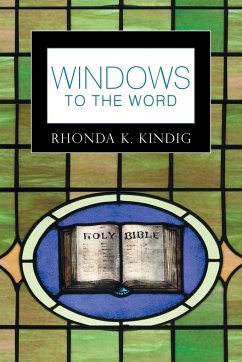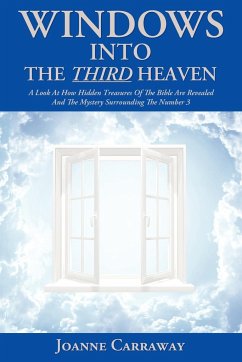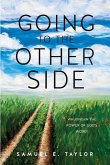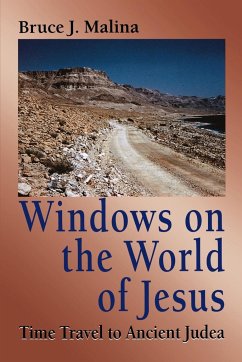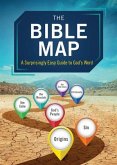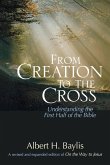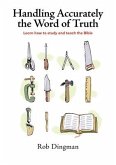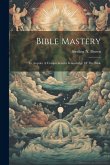Have you ever noticed that particular images, such as "bread" or "breath" seem to recur throughout the Bible? The more you read the Bible, the more you hear these echoes. Windows to the Word explores seven Biblical metaphors, based on the "I am the . . ." sayings in John's Gospel : I am the bread of life. I am the light of the world. I am the gate for the sheep. I am the good shepherd. I am the resurrection and the life. I am the way, the truth, and the life. I am the vine. When compared to the full scope of scripture, we find that these metaphors have long been used to explain the mystery of the Divine. Windows to the Word will provide structure and insights to these symbols to give you fresh perspective for your own understanding of the Divine. Two additional essays explore the great marriage metaphor that also pervades the Bible and the possibility that John's Gospel was an early catechism, or teaching text, for Followers of the Way.
Hinweis: Dieser Artikel kann nur an eine deutsche Lieferadresse ausgeliefert werden.
Hinweis: Dieser Artikel kann nur an eine deutsche Lieferadresse ausgeliefert werden.

